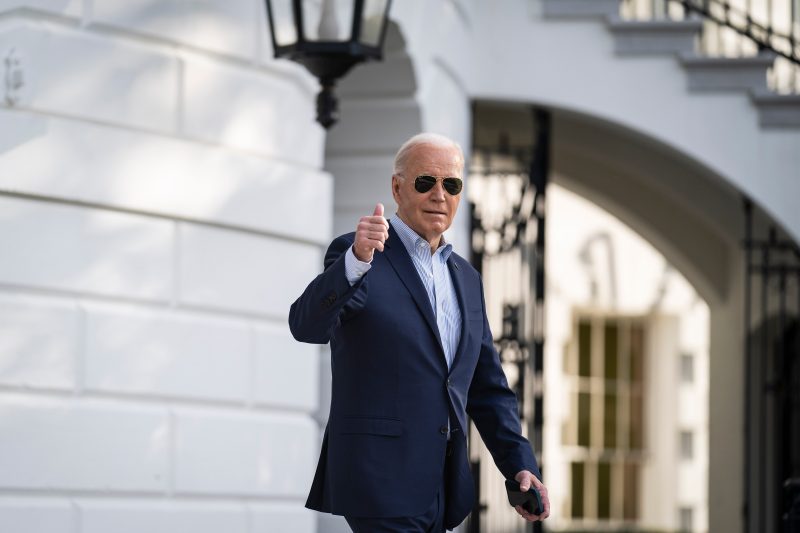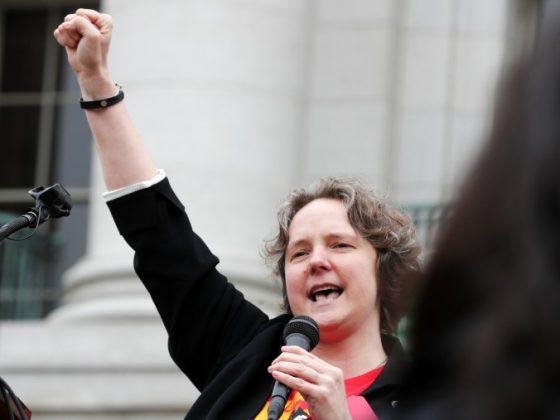President Joe Biden has been showcasing his formidable financial muscle in the latest Federal Election Commission (FEC) filings. In contrast, GOP megadonors have been magnifying their spending prowess. The fiscal reports from the last quarter offer an insightful look into the financial strategies adopted by the Democratic and Republican parties as they prepare for upcoming electoral battles.
Biden’s strong cash advantage is exceptionally striking. His fundraising campaign has significantly outperformed other political entities, with a strong emphasis on small-dollar recurring donors. This vast pool of available funds provides Biden with a financial cushion that not only allows him to extend his reach and influence but also gives him the flexibility to implement strategic plans and initiatives.
According to recent FEC reports, the Biden campaign reported having $52.3 million in cash-on-hand by the end of June. This robust financial base is a testament to Biden’s successful fundraising strategies, which have consistently emphasized the importance of grassroots contributions. It is the strength of these small-dollar donations that have proven to be Biden’s trump card, underpinning his funding advantage throughout his presidential campaign and his tenure in office.
Despite his considerable cash advantage, Biden isn’t unchallenged when it comes to fundraising. FEC filings reveal that Republican megadonors have been channeling vast amounts of money into conservative causes. This trend reflects their commitment to re-gaining control during the next election cycle, especially in hotly contested districts.
For instance, prolific GOP donor and casino magnate Sheldon Adelson has reportedly given more than $220 million in recent years. Similarly, Home Depot co-founder Bernard Marcus and businessman Warren Stephens have sustained their record of high-profile funding by contributing significant amounts to conservative-leaning political action committees (PACs) and candidates.
The latest FEC filings also highlight the growing influence of Super PACs, often bankrolled by these wealthy GOP donors. To date, Republican-based Super PACs are outperforming their Democratic counterparts, as deep-pocketed donors realize the potential of their influence. These entities allow for unlimited contributions and expenditures, serving as a significant source of funds for advertising and campaigning efforts.
However, while these big-ticket donations from wealthy GOP contributors pack a punch, they lack the sustaining power of the small-dollar donor base that Biden and the Democrats have secured. The consistent influx of grassroots donations provides Biden with a stable, scalable, and future-proofed financial infrastructure that his political counterparts seem to lack.
In essence, the latest FEC filings present a unique study in contrasts. Biden, with his robust small-dollar donor base and deep cash reserves, flexes the financial muscle that has been central to his political strategy. On the other hand, GOP megadonors’ considerable spending indicates their sustained commitment to conservative causes and their readiness to utilize their financial resources to exert influence.
Overall, the financial tug-of-war presents an intriguing insight into the different tactics employed by both sides, offering a glimpse into what can be expected in the upcoming electoral battles.











